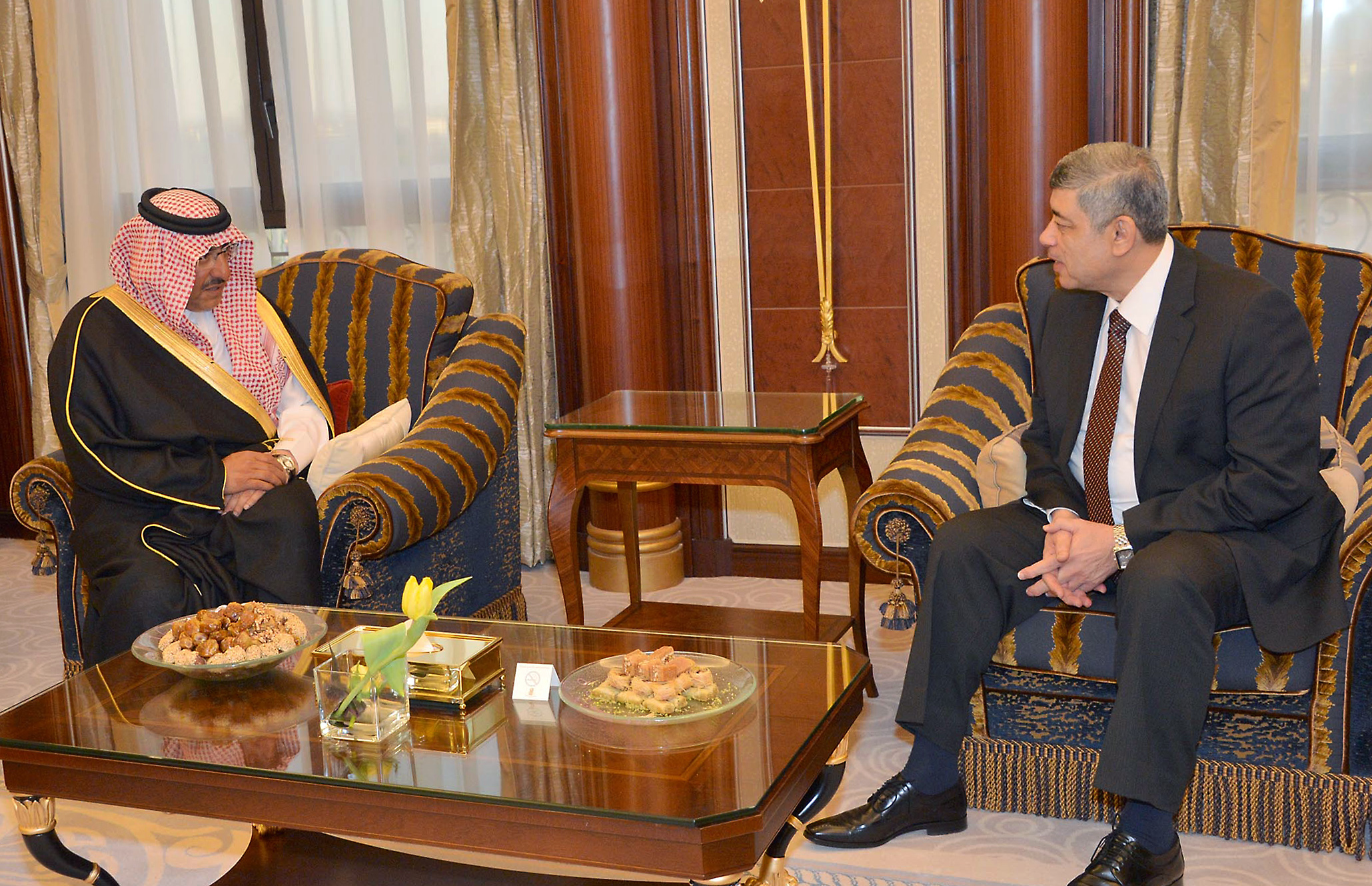A friend of mine copied me on an email he sent to everyone he knew to boost their optimism about the state of our country, which the press – since it has become free – has depicted in the worst possible light spreading pessimism about the future of this country.
In the message, my friend wrote: “I don’t understand the reason for this pessimism about our blessed ministers. How can anyone despair in a country whose Prime Minister is called Nazif (“clean in Arabic), its People’s Assembly Speaker is called Sorour (“joy ), its Shoura Council Speaker is called Sharif (“righteous ), whose Interior Minister is called Habib (“beloved ), whose Information Minister is Anas (“sweet companionship ) and whose Finance Minister is called Ghali (“precious )?
My friend accused the press of deliberately smearing the image of our ministers even though their slate is as clean and bright as their names imply. But it’s not just a question of names, but of actions, or in fact, of statements. As long as we’re talking about ministers, then the ‘statement’ is all that counts.
Action stems from the statement, and at times, the statement can also replace the action. Who on earth would need actions if we have statements? For ministers, statements overrule actions altogether, especially because, according to my friend, all their statements are bright and cheerful . just like their names.
A good example of that is the recent statement by Finance Minister Ghali in Davos last week, when he said that economic reforms have benefited all social sectors. With that he put an end to the ridiculous claims by the press that the current reforms have only helped those who are already well off become even better off; and that the tax waivers on cars did absolutely nothing for the poor and that tax reforms did not drive prices down.
The reasons for this are that the diseases of the working classes are chronic and incurable and so reforms have had no effect on them. The problem, therefore, is with the poor themselves, not with the reforms. So from now on, nobody can dare say that the reforms have not benefited the working classes. This is what our “precious minister has proven at Davos, addressing the biggest players in global economy.
Speaker of the People’s Assembly Sorour (joy) had also made a statement – in fact he makes one at least every 48 hours – that all those European claims about human rights violations in Egypt are malicious, baseless and rooted in false information. This was how his Excellency gagged all the voices that have been speaking out against violations of basic human rights, whether at police stations, on buses or in bread queues. His statement has proven, beyond a shadow of a doubt, that these peoples’ anguish is rooted in false information.
As for our “sweet companion Anas, the minister of information, he still talks of a pioneering role of Egyptian media at a time when people have forgotten where to find the Egyptian channels. If they do end up watching them, they target specific shows.
And words are not enough to sing the praises of our pioneering press. A passing look at newspaper headlines is enough to give us a glimpse of the delightful state of our profession and the bright future of our country. Indeed there is no reason for the pessimism my friend warned against in his email.
I totally agree with my friend who sent the email that every single one of our esteemed ministers is capable – if only by the power of his name – to infuse happiness and optimism into the hearts of any people, no matter how miserable they are.
Therefore I suggest we send them and the rest of their blessed colleagues in the cabinet to our disgruntled Arab neighbors in the hopes that they may – if only for their namesakes – infuse happiness and optimism in the lives of their people.
Why don’t we send our ministers to Iraq or Darfur or even Gaza before they end the blockade? They would be doing a great service to our Arab brothers in misery in Iraq, Darfur, Gaza and of course, a greater service to the Egyptian people.
Mohamed Salmawy is President of the Arab Writer’s Union and Editor-in-Chief of Al-Ahram Hebdo. This article is syndicated in the Arabic press.

